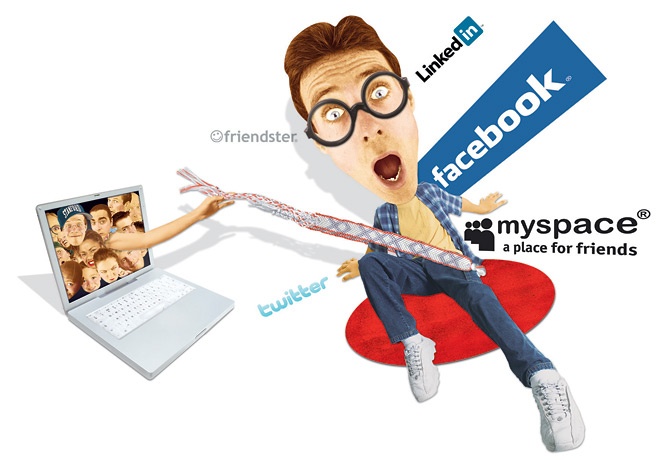
- Will I have a job?
- Will my job be vastly different than it is now?
- Will I have to move my family to a new location?
- Will I have a new boss?
- Will my new boss be a jerk?
- If my insurance changes, will I still be able to buy the medicine for my chronically ill child?
- Will they be flexible regarding my family commitments?

You get the picture. The list is very long and varies according to the employee. The bottom line is they are scared and need reassurance. And a one time meeting where you provide reassurance isn't enough. Trust takes time and basically, you are asking these employees to trust an entirely new organization and all the leaders within it.
Implementing Change on a Micro Level
Let's translate this into a change effort you are implementing - regardless of how big or how small. When it comes to implementing change, the same fears resurface that I listed above (well, maybe not the insurance fear). Whatever new software, process, or leader change you are making brings up all those fears listed. This is where a little empathy (and communication) can go a long way. Put yourself in their shoes. Try to imagine what they might be feeling. And then address those fears head on as best you can. Don't wait for them to ask you if they are going to lose their job or if the implementation will not allow them to attend a soccer game. Open up the lines of communication. And let me give you a couple of tips.
- Never, never, never say "I know just how you feel." You don't. Unless you are exactly in the same stage of life with them, dealing with the exact same issues at both home and work, and have the exact same past experiences that you are drawing from, you don't know how they feel and insulting to them to say you do. Instead say something to like "I can imagine this must be very stressful and concerning for you. Help me understand how I can help you feel better about this."
- Implement an Open Door policy. For some reason, during change efforts, there are a lot more closed door meetings. This causes even more fear. Make sure your employees know they can come and talk to you about any concerns they have during or after the change. And make yourself available more.
- Tell them what you know. Knowledge is power. People hate change because they feel powerless. Give them as much power as possible by telling them everything you can tell them about the change. I understand you can't often share everything but share everything you can share.
- Communicate more. Remember, people need more reassurance during a change. This isn't a one time communication. Have more staff meetings, more Q&A questions. Too often, people shut down the communication during change and that just encourages rumors and unnecessary fear.
- Most importantly, empathize with their fears. Take the time to listen and really hear what they are saying. Address the fears you can. Sometimes just listening is all they need. I know it takes time but it is time well spent. We are human being and have human emotions. Don't lose sight of this fact.
Having a little empathy can take you a long way in building trust as a leader. Try implementing some of these tips and I guarantee it will help.
Mari













